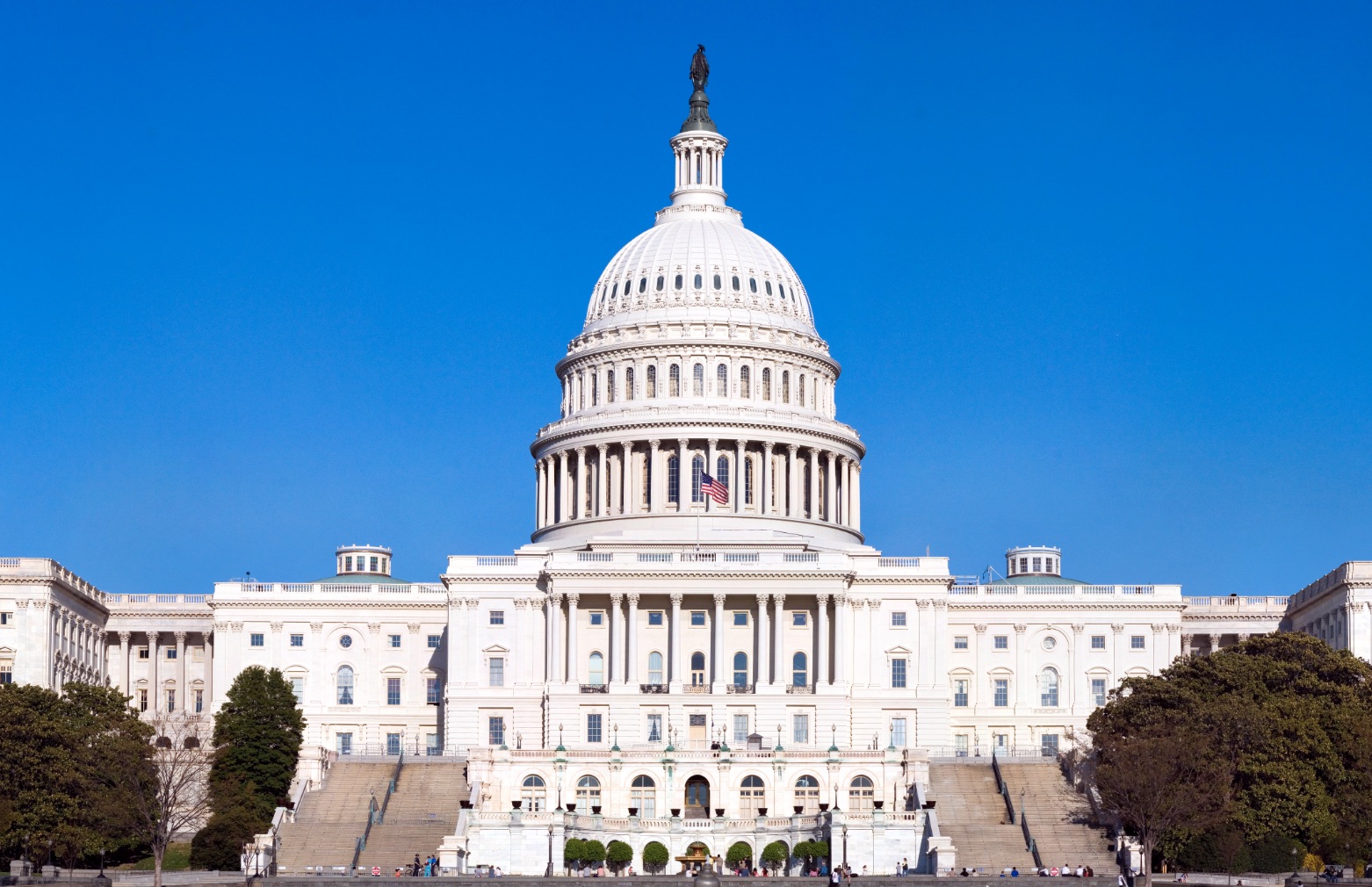On Friday, March 27, 2020, the Coronavirus Aid, Relief, and Economic Security (CARES) Act was signed into law. This $2 trillion emergency relief package is intended to assist individuals and businesses during the ongoing coronavirus pandemic and accompanying economic crisis. Major relief provisions are summarized here.
Unemployment provisions
The legislation provides for:
- An additional $600 weekly benefit to those collecting unemployment benefits, through July 31, 2020
- An additional 13 weeks of federally funded unemployment benefits, through the end of 2020, for individuals who exhaust their state unemployment benefits
- Targeted federal reimbursement of state unemployment compensation designed to eliminate state one-week delays in providing benefit
- Unemployment benefits through 2020 for many who would not otherwise qualify, including independent contractors and part-time workers

Recovery rebates
Most individuals will receive a direct payment from the federal government. Technically a 2020 refundable income tax credit, the rebate amount will be calculated based on 2019 tax returns filed (2018 returns in cases where a 2019 return hasn’t been filed) and sent automatically via check or direct deposit to qualifying individuals. To qualify for a payment, individuals generally must have a Social Security number and must not qualify as the dependent of another individual.
The amount of the recovery rebate is $1,200 ($2,400 if married filing a joint return) plus $500 for each qualifying child under age 17. Recovery rebates are phased out for those with adjusted gross income (AGI) exceeding $75,000 ($150,000 if married filing a joint return, $112,500 for those filing as head of household). For those with AGI exceeding the threshold amount, the allowable rebate is reduced by $5 for every $100 in income over the threshold.
While details are still being worked out, the IRS will be coordinating with other federal agencies to facilitate payment determination and distribution. For example, eligible individuals collecting Social Security benefits may not need to file a tax return in order to receive a payment.
Retirement plan provisions
- Required minimum distributions (RMDs) from employer-sponsored retirement plans and IRAs will not apply for the 2020 calendar year; this includes any 2019 RMDs that would otherwise have to be taken in 2020
- The 10% early-distribution penalty tax that would normally apply to distributions made prior to age 59½ (unless an exception applies) is waived for retirement plan distributions of up to $100,000 relating to the coronavirus; special re-contribution rules and income inclusion rules for tax purposes apply as well
- Limits on loans from employer-sponsored retirement plans are expanded, with repayment delays provided
Student loans
- The legislation provides a six-month automatic payment suspension for any student loan held by the federal government; this six-month period ends on September 30, 2020
- Under already existing rules, up to $5,250 in payments made by an employer under an education assistance program could be excluded from an employee’s taxable income; this exclusion is expanded to include eligible student loan repayments an employer makes on an employee’s behalf before January 1, 2021
Business relief
- An employee retention tax credit is now available to employers significantly impacted by the crisis and is applied to offset Social Security payroll taxes; the credit is equal to 50% of qualified wages up to a certain maximum
- Employers may defer paying the employer portion of Social Security payroll taxes through the end of 2020 and may pay the deferred taxes over a two-year period of time; self-employed individuals are able to do the same
- Net operating loss rules expanded
- Deductibility of business interest expanded
- Provisions relating to specified Small Business Administration (SBA) loans increase the federal government guarantee to 100% and allow small businesses to borrow up to $10 million and defer payments for six months to one year; self-employed individuals, independent contractors, and sole proprietors may qualify for loans
Prior legislative relief provisions
Signed into law roughly two weeks prior to the CARES Act, the Families First Coronavirus Response Act (FFCRA) also included relief provisions worth noting:
- Requirement that health plans cover COVID-19 testing at no cost to the patient
- Requirement that employers with fewer than 500 employees generally must provide paid sick leave to employees affected by COVID-19 who meet certain criteria, and paid emergency family and medical leave in other circumstances
- Payroll tax credits allowed for required sick leave as well as family and medical leave paid
There is likely to be a steady stream of guidance forthcoming with details relating to many of these provisions, so stay tuned for more information. We’re here to help and to answer any questions you may have.
IMPORTANT DISCLOSURES
Altum Wealth Advisors does not provide investment, tax, or legal advice via this website. The information presented here is not specific to any individual’s personal circumstances. To the extent that this material concerns tax matters, it is not intended or written to be used, and cannot be used, by a taxpayer for the purpose of avoiding penalties that may be imposed by law. Each taxpayer should seek independent advice from a tax professional based on his or her individual circumstances. These materials are provided for general information and educational purposes based upon publicly available information from sources believed to be reliable—we cannot assure the accuracy or completeness of these materials. The information in these materials may change at any time and without notice.
CIRCULAR 230 NOTICE: To ensure compliance with requirements imposed by the IRS, this notice is to inform you that any tax advice included in this communication, including any attachments, is not intended or written to be used, and cannot be used, for the purpose of avoiding any federal tax penalty or promoting, marketing, or recommending to another party any transaction or matter.
Prepared by Broadridge Investor Communication Solutions, Inc. Copyright 2020.
Prepared for Altum Wealth Advisors, Steven Cliadakis, MBA, CFP®, AIF®




